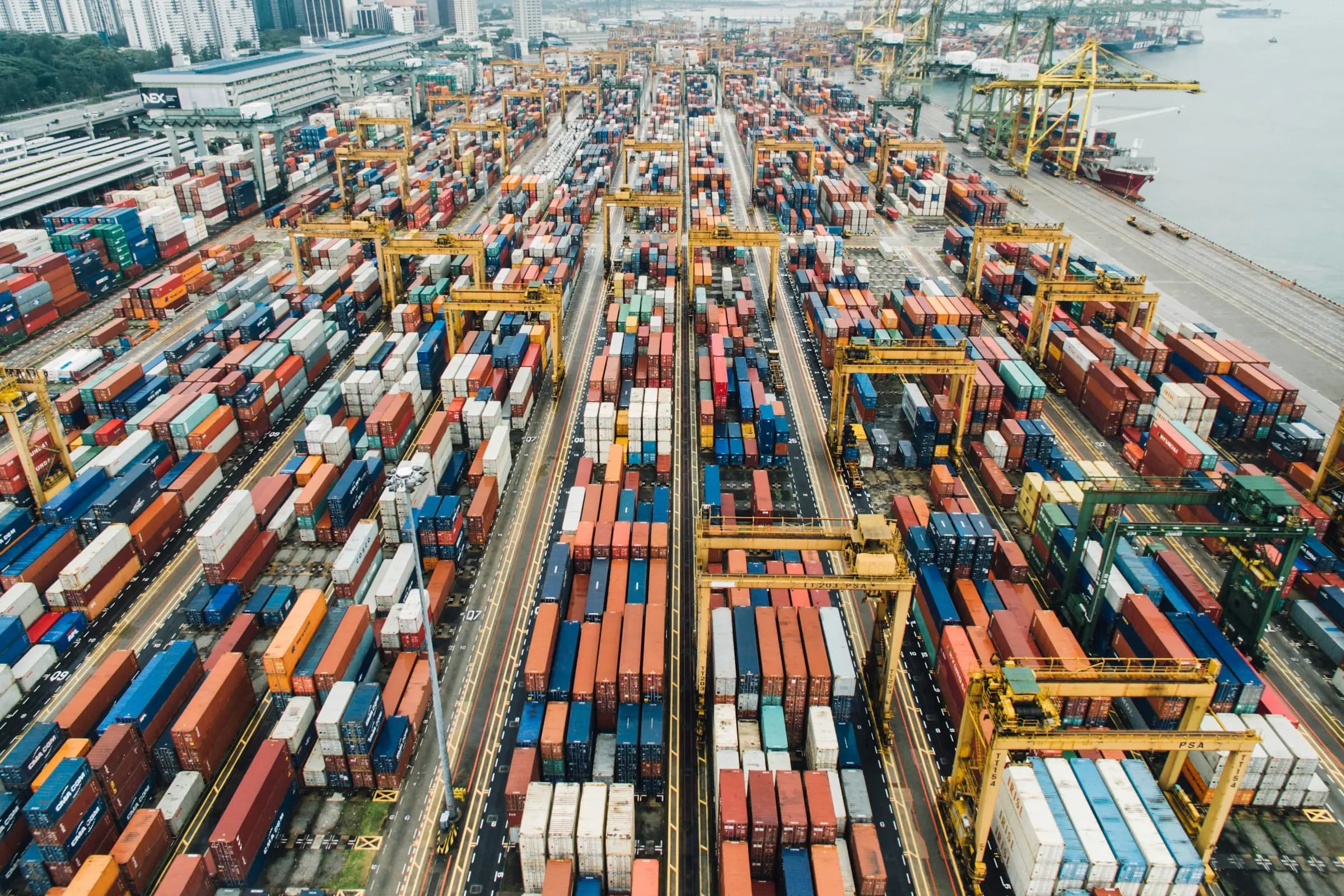How Blockchain Technology Can Improve the Logistics Industry
In the modern era, the logistics industry plays a crucial role in the global economy, ensuring the seamless flow of goods and services. However, the industry is often plagued by inefficiencies, lack of transparency, and security concerns. This is where blockchain technology comes into play, offering innovative solutions to address these challenges and revolutionize the logistics sector.
Understanding Blockchain Technology
Blockchain is essentially a decentralized and distributed digital ledger that records transactions across multiple computers in such a way that the recorded data cannot be altered retroactively. Each block in the chain contains a number of transactions, and every time a new transaction occurs, a new block is added to the chain. This process creates a secure and transparent record of all transactions.
Transforming Logistics with Blockchain
-
Enhanced Transparency and Traceability: One of the key advantages of blockchain in logistics is the enhanced transparency it offers. Every transaction and movement of goods can be recorded on the blockchain, providing real-time visibility into the entire supply chain. This level of traceability is crucial for the logistics industry to track the movement of goods, reduce the risk of counterfeit products, and ensure compliance with regulations.
-
Improved Security: Traditional logistics systems are vulnerable to fraudulent activities, data breaches, and cyber-attacks. Blockchain technology, with its inherent security features such as cryptographic hashing and consensus mechanisms, provides a robust defense against unauthorized access and tampering. This ensures the integrity and security of logistics data, mitigating the risk of fraudulent activities and enhancing data protection.
-
Smart Contracts for Automated Processes: Smart contracts, which are self-executing contracts with the terms of the agreement directly written into code, can automate various processes within the logistics industry. These contracts can trigger actions, such as release of payment or transfer of ownership, when predefined conditions are met. This automation not only reduces manual intervention and associated costs but also expedites the overall logistics operations.
-
Streamlined Supply Chain Management: By leveraging blockchain technology, logistics companies can optimize their supply chain management processes. The decentralized nature of blockchain enables different stakeholders, including suppliers, manufacturers, distributors, and retailers, to securely and efficiently exchange information, coordinate logistics activities, and monitor inventory levels. This streamlined communication and collaboration result in improved efficiency and reduced lead times.
Real-World Applications and Benefits
Several companies and organizations have already started integrating blockchain technology into their logistics operations, with promising results. For instance, Maersk, the world's largest container shipping company, has partnered with IBM to develop TradeLens, a blockchain-based platform that digitizes supply chain processes and documentation. This initiative has led to significant improvements in transparency, security, and overall efficiency in global trade.
Moreover, in the realm of last-mile delivery, startups such as ShipChain are utilizing blockchain to create a transparent and decentralized system for tracking shipments and ensuring tamper-proof delivery records. This not only enhances customer trust but also reduces disputes and inefficiencies associated with traditional delivery processes.
Conclusion
In conclusion, blockchain technology has the potential to revolutionize the logistics industry by addressing its inherent challenges and ushering in a new era of transparency, security, and efficiency. As more businesses and stakeholders embrace the transformative power of blockchain, we can expect to see a fundamental shift in the way logistics operations are conducted, ultimately leading to a more agile, resilient, and interconnected supply chain ecosystem.
By harnessing the capabilities of blockchain technology, the logistics industry can pave the way for a future where trust, transparency, and efficiency are the cornerstone of global trade and commerce.
References:
- Tapscott, D., & Tapscott, A. (2016). Blockchain revolution: how the technology behind bitcoin is changing money, business, and the world. Penguin.
- TradeLens. (n.d.). Retrieved from https://www.tradelens.com/
- ShipChain. (n.d.). Retrieved from https://shipchain.io/
